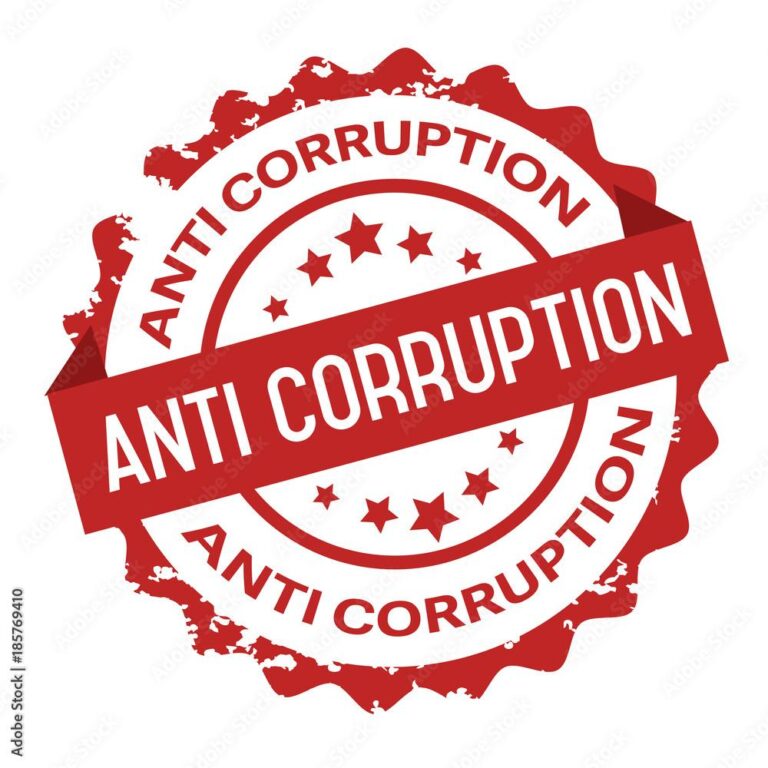In recent months, France has witnessed significant shifts in its legal landscape surrounding anti-corruption and white-collar crime enforcement. As regulatory frameworks tighten and authorities ramp up investigations, businesses and legal practitioners alike face a complex environment demanding heightened diligence and strategic response. This article delves into the latest developments shaping France’s approach to combating financial misconduct, exploring key legislative changes, landmark cases, and enforcement trends that are redefining compliance standards across the country.
Regulatory Shifts Shaping France’s Anti-Corruption Framework
Recent regulatory updates in France are significantly amplifying the scope and stringency of anti-corruption mechanisms. Among the most impactful changes is the enhanced role of the Agence Française Anticorruption (AFA), which now possesses broader investigative powers and increased enforcement capabilities. This shift aligns with France’s commitment to comply with international conventions such as the OECD Anti-Bribery Convention, emphasizing due diligence requirements and whistleblower protections across both public and private sectors. Companies operating in France must now navigate a complex web of obligations, including mandatory anti-corruption risk assessments and periodic compliance audits.
Additionally, the introduction of stricter sanctions has escalated the penalties for corporate non-compliance, marked by heavier fines and extended prison sentences for executives found guilty of corruption-related offenses. Below is a summary of key regulatory elements reshaping France’s anti-corruption landscape:
- Expanded reporting duties for companies with revenues over €50 million.
- Mandatory compliance programs aligned with the Sapin II law framework.
- Reinforced protections for whistleblowers under new legislation.
- Cross-border cooperation between French authorities and international agencies.
| Aspect | Previous Regime | Current Regulation |
|---|---|---|
| Investigative Authority | Limited Powers | Expanded AFA Jurisdiction |
| Financial Penalties | Up to €1 million | Up to €5 million or 10% of turnover |
| Whistleblower Protection | Informal and Limited | Legal Safeguards with Anonymity |
| Compliance Mandate | Voluntary Guidelines | Mandatory Risk Assessment & Controls |
Key Enforcement Trends and High-Profile Investigations Impacting Corporate Compliance
Recent enforcement actions in France highlight a growing intensity in tackling anti-corruption and white-collar crimes. Authorities have increasingly prioritized cross-border collaboration, leveraging international treaties to crack down on complex bribery schemes and financial fraud. Notably, the rise in investigations involving multinational corporations serves as a clear warning that compliance frameworks must evolve to address multi-jurisdictional risks. Enforcement agencies are deploying advanced data analytics to unearth hidden suspicious transactions, while whistleblower protections continue to encourage more insiders to come forward, significantly boosting case volumes.
Among the high-profile investigations shaking the corporate landscape this year are several involving senior executives from prominent sectors such as energy, pharmaceuticals, and finance. Key developments include:
- Multi-million euro fines against companies found guilty of circumventing anti-corruption laws through third-party intermediaries.
- Extended probes targeting embezzlement and insider trading within state-owned enterprises, raising new compliance challenges for public-private partnerships.
- Enhanced scrutiny on corporate governance structures to prevent conflicts of interest and ensure transparent decision-making.
| Sector | Investigation Focus | Outcome |
|---|---|---|
| Energy | Illegal kickbacks | €25M fine, executive indictment |
| Pharmaceuticals | Bribery of foreign officials | Deferred prosecution agreement |
| Finance | Market manipulation | Regulatory sanctions, compliance overhaul |
Best Practices for Strengthening Internal Controls and Mitigating White-Collar Crime Risks
Organizations operating in the French market must adopt a proactive stance to fortify their internal controls against evolving white-collar crime threats. This begins with a comprehensive risk assessment framework that identifies vulnerabilities at every organizational level. Incorporating advanced data analytics and continuous monitoring tools can provide real-time insights, helping to detect irregularities that traditional audits may overlook. Equally important is cultivating a strong ethical culture through regular training sessions that emphasize the consequences of corruption and fraud, ensuring employees understand both legal obligations and company policies.
Key elements to enhance resilience include the implementation of clear segregation of duties, periodic third-party due diligence, and a well-structured whistleblower policy that guarantees confidentiality and protection. Below is a snapshot of essential control measures that have shown measurable success in mitigating risks:
| Control Measure | Benefit | Frequency |
|---|---|---|
| Automated Transaction Monitoring | Early anomaly detection | Continuous |
| Third-Party Risk Assessments | Reduced exposure to corrupt partners | Annually |
| Whistleblower Hotline | Encourages reporting without fear | Ongoing |
| Ethics Training Programs | Strengthens compliance culture | Biannually |
Key Takeaways
As France continues to strengthen its legal framework against corruption and white-collar crime, businesses and legal professionals must stay vigilant amid an evolving regulatory landscape. The latest developments underscore a clear governmental commitment to transparency and accountability, signaling that enforcement actions are likely to intensify. Staying informed and proactive will be essential for navigating these changes successfully. For ongoing updates and expert analysis, The National Law Review remains a trusted resource in this critical area of law.




